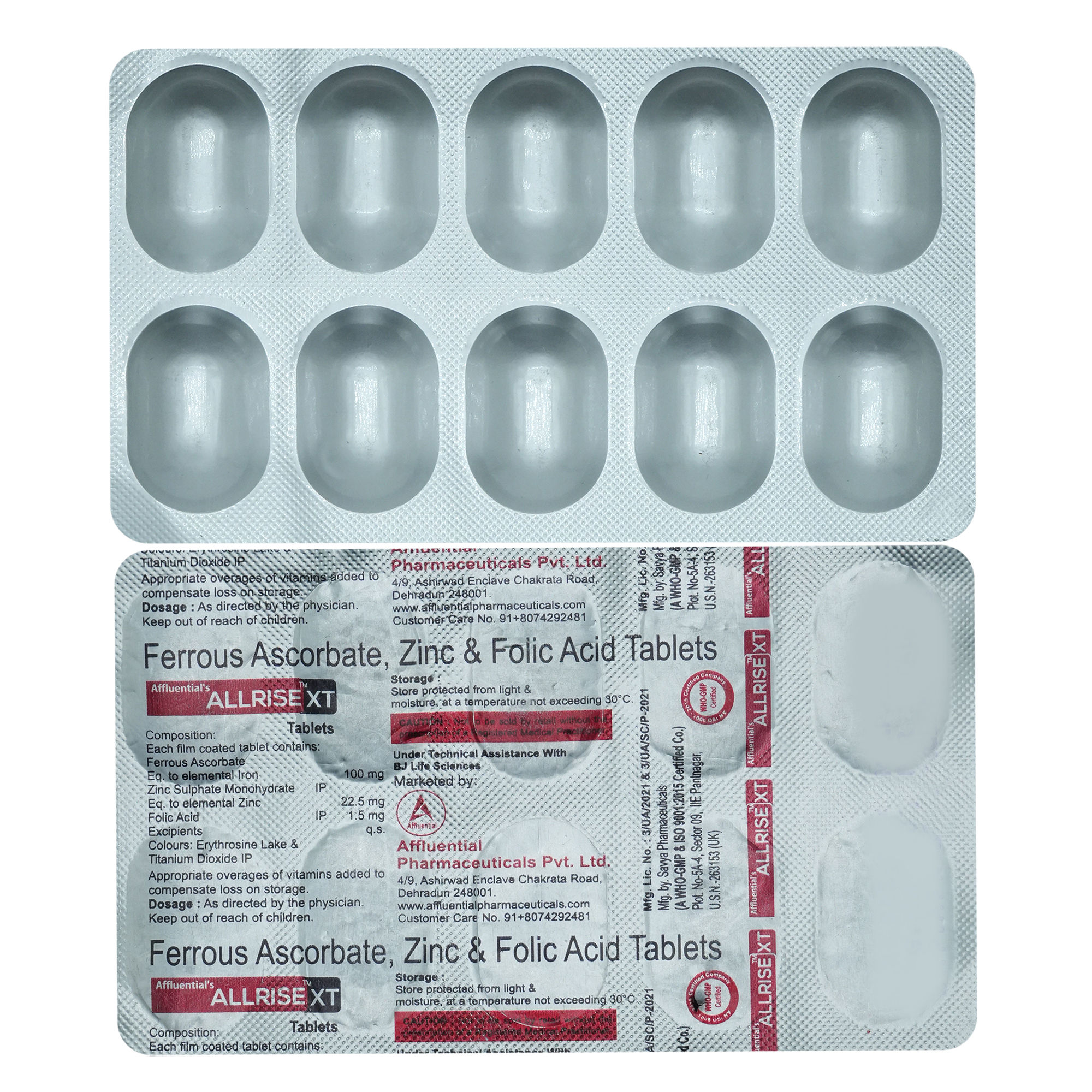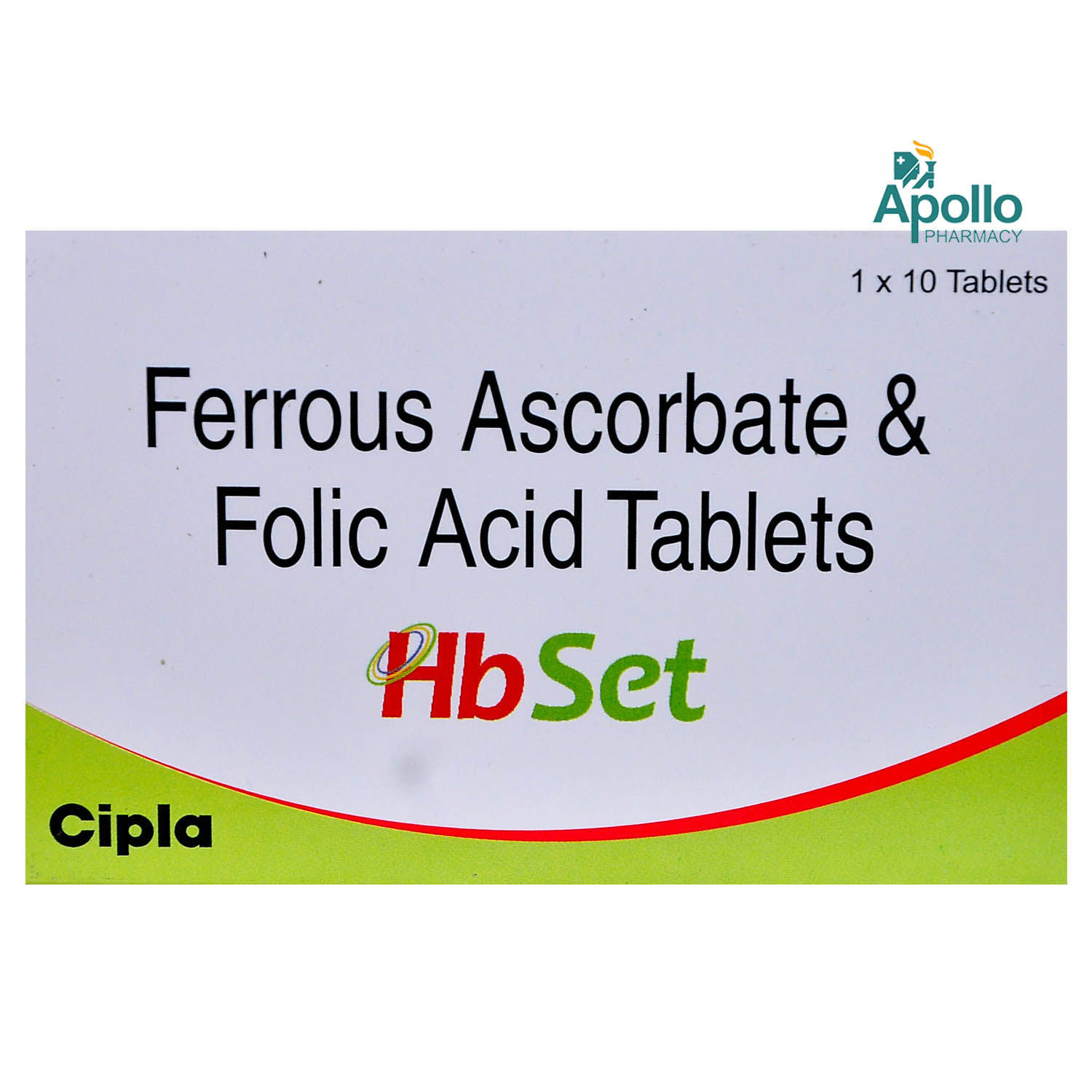Iron+folic Acid
About Iron+folic Acid
Iron+folic Acid belongs to a class of medications called 'haematinics' primarily used to treat anaemia (deficiency of iron and haemoglobin). Its deficiency occurs mainly due to poor diet, poor absorption of food or increased folate use in the body (in pregnancy). Anaemia is a condition in which the body does not have enough red blood cells to carry adequate oxygen required to various body tissues.
Iron+folic Acid is a combination drug containing Iron and Folic acid (haematinics combination) primarily used to treat anaemia. Iron+folic Acid works by boosting the production of red blood cells (RBC) in the body. As a result, an adequate number of RBCs are produced in the body, so that body's each tissue gets a sufficient supply of oxygen.
Take Iron+folic Acid as directed by your doctor. You may experience constipation, dry mouth, loss of appetite, bloating, and diarrhoea in some cases. Most of these side effects of Iron+folic Acid do not require medical attention and gradually resolve over time. However, if the side effects persist or worsen, please consult your doctor.
Do not take Iron+folic Acid if you are allergic to Iron+folic Acid, iron, folic acid or any of the ingredients of Iron+folic Acid. Do not start taking any new medication without telling your doctor. Iron+folic Acid is generally given at least 4 weeks before pregnancy and is continued up to 3 months of pregnancy. If you have got any part of the stomach removed, please inform your doctor before taking Iron+folic Acid. Iron+folic Acid is given to a child under 12 years of age should be given under strict medical supervision.
Uses of Iron+folic Acid
Medicinal Benefits
Iron+folic Acid is a combination drug containing or 'haematinics' primarily used to treat anaemia (deficiency of red blood cells and haemoglobin). It acts as a supplement in pregnancy as, during pregnancy, the demand for iron and folic acid in the body is increased. It also helps the body produce and maintain new cells and prevents our DNA from mutating, leading to cancer. Iron+folic Acid contains Iron and Folic acid (haematinics combination), which works by boosting the production of red blood cells (RBC) and haemoglobin in the body. Thus, the use of Iron+folic Acid is associated with a reduced risk of iron deficiency and anaemia, especially in pregnant women.
Directions for Use
Storage
Side Effects of Iron+folic Acid
- Bloating
- Loss Of Appetite
- Dry Mouth
- Diarrhea
- Skin rashes
Patients Concern
Disease/Condition Glossary
Anemia: It is a condition in which the body does not have enough red blood cells for carrying adequate oxygen to various body tissues. Anemia can be temporary, which can be treated with the help of supplements, and it can also be long-term, which might require medical procedures. It makes you feel tired very quickly due to a lack of oxygen supply in the body. It is one of the most common blood disorder.
Folate deficiency: The deficiency of folic acid in the body is known as folate deficiency. It generally occurs when your diet does not have sufficient food that has more folic acid (citrus fruits, green leafy vegetables). Folate deficiency, if left untreated, can lead to anemia.
FAQs
Iron+folic Acid contains Iron and Folic acid (Haematinics combination) primarily used to treat anemia. Iron+folic Acid works by boosting the production of red blood cells (RBC) in the body.
Folic acid requirements are usually met from the diet, but additional supplements are required in its deficiency. Iron+folic Acid is advised to pregnant women who want to conceive as folate utilization is increased in pregnancy. It is generally given at least 4 weeks before pregnancy and is continued up to 3 months of pregnancy.
It is recommended not to take Iron+folic Acid along with tea, coffee, or milk, and even eggs as the body might absorb less iron supplements if you take them together, which may reduce the effectiveness of Iron+folic Acid.
Iron+folic Acid is best absorbed if taken on an empty stomach. But in some patients, it causes an upset stomach if taken empty stomach. So, please take it as suggested by your doctor if you have an upset stomach problem.
If you are pregnant, it is necessary to maintain the right level of folic acid to reduce the risk of neural tube defects as baby's central nervous system develops. So, to avoid any defect, it is necessary to take it for the first three months as the neural tube is formed completely by this time.
Daily oral iron and folic acid supplementation with 30-60 mg of elemental iron and 400 µg (0.4 mg) folic acid is recommended for pregnant women to prevent puerperal sepsis, maternal anaemia, low birth weight, and preterm birth.






